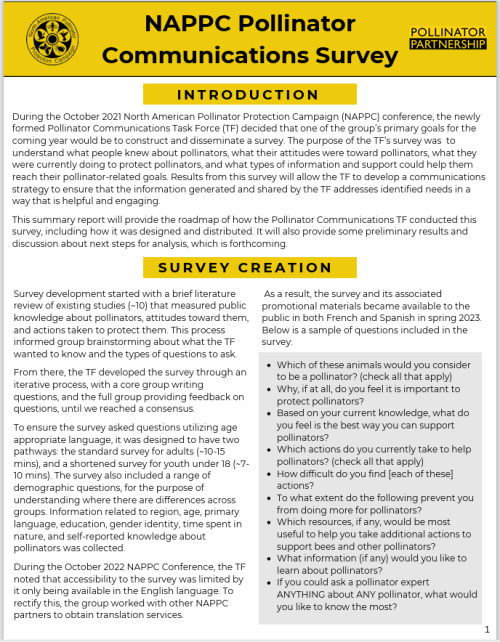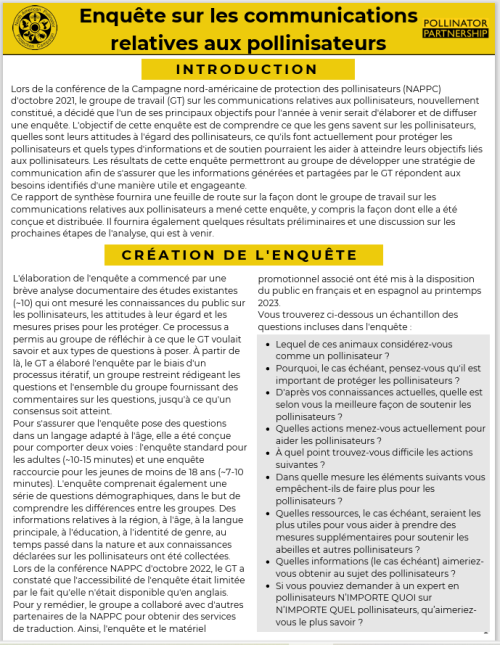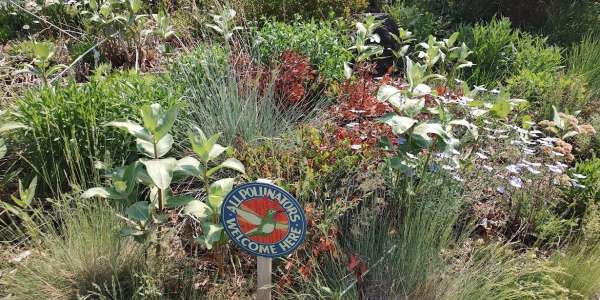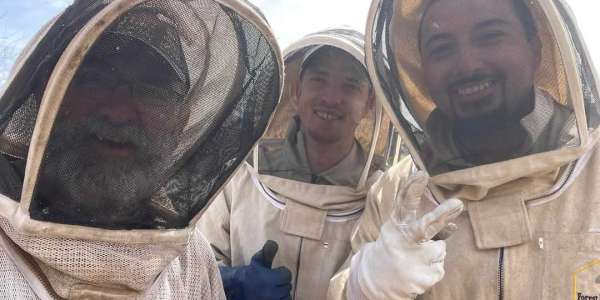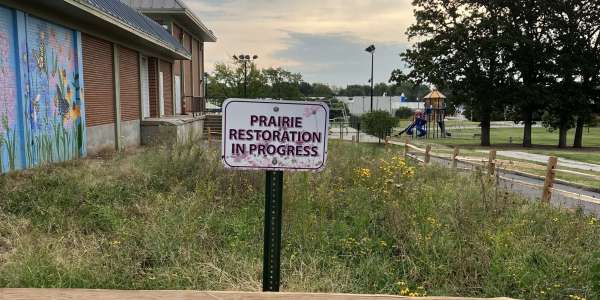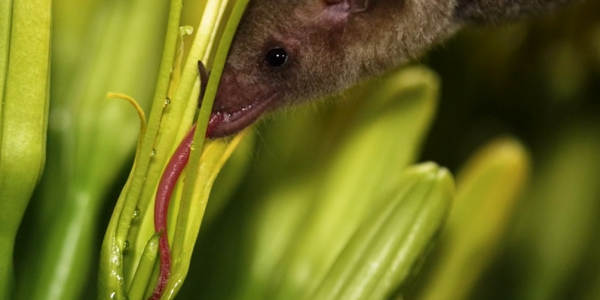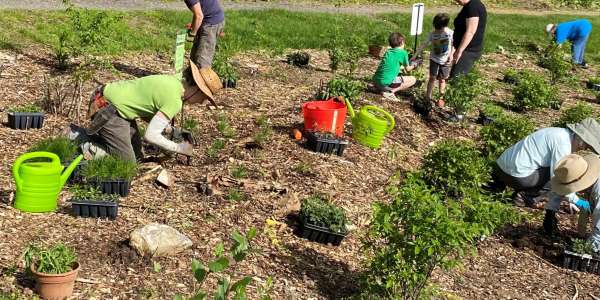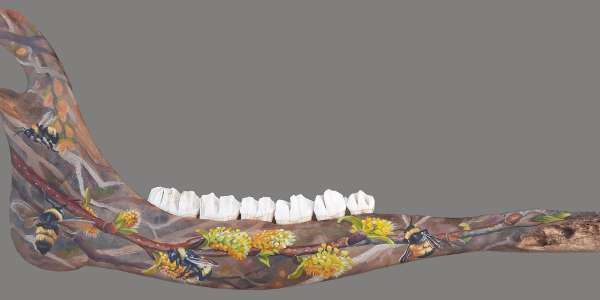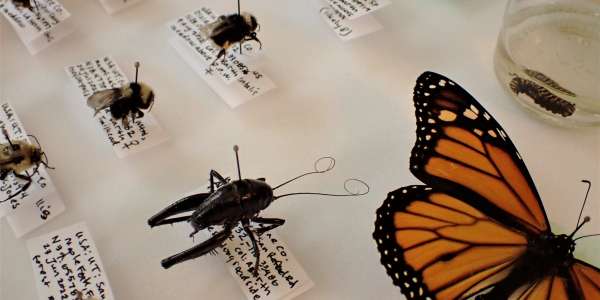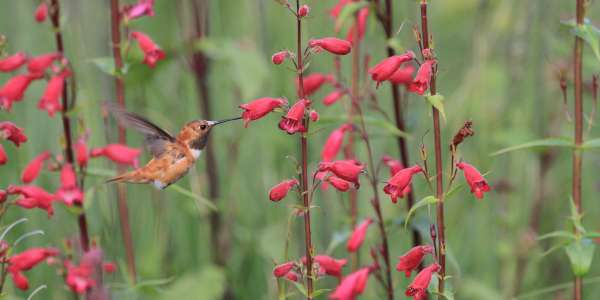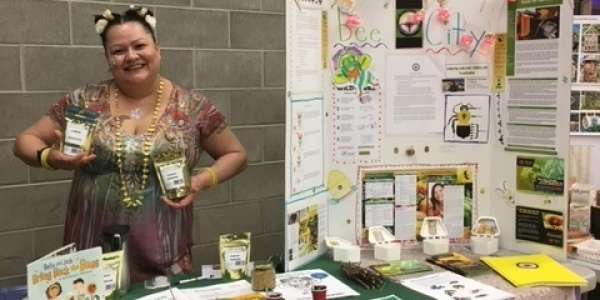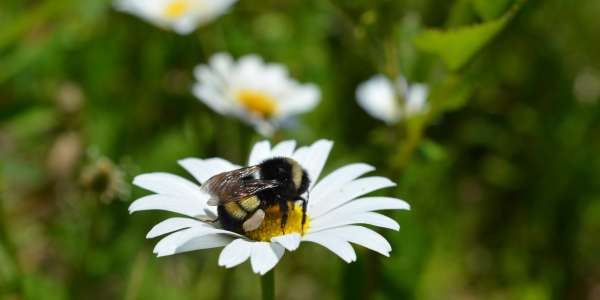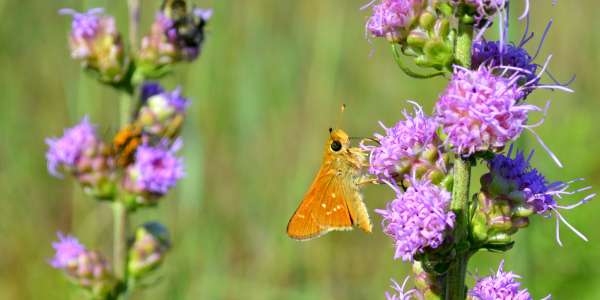Pollinator Communications Task Force
The Pollinator Communications Task Force works to create and share relevant, thoughtful, engaging and hopeful communications campaigns around the conservation of pollinators and their importance to our ecosystems. The goal for this group centers on elevating the work of the pollinator community at large (including other NAPPC Task Forces) and to educate the public on the importance of pollinators.
Pollinator Communications Survey
In 2021, the Pollinator Communications Task Force began work on a survey that would help the North American Pollinator Protection Campaign (NAPPC) better understand what people knew about pollinators, their attitudes towards pollinators, what they were doing to protect pollinators, and what information they needed to reach their pollinator related goals. The survey, available in English, French, and Spanish received responses from across the U.S, Mexico, and Canada. While the full analysis is underway, the task force has created a summary report to share the survey methods and preliminary results, which can be found below.
Pollinator Conservation Spotlight Series
Pollinators are the fuzzy, feathery, furry, and sometimes even scaly animals that, among other things, help plants reproduce. While these wild (and sometimes managed) neighbors of ours are critical to the production of many of our foods, spices, oils, and fibers, their impact goes way beyond our human needs. The complexity of the pollinator world is astounding with these animals existing as both predators and prey, specialists and generalists, as well as daytime and night-time workers. Because of the many roles they play, healthy populations of pollinators and the habitats that support them are vital to the health and diversity of the land and the other wildlife that dwell alongside their pollinating counterparts.
The goal of this series is to shine a spotlight on some of the incredible people and projects that are working to help conserve these marvelous creatures. Through these interviews, we also plan to help unpack the term “pollinator” and communicate the amazing and often unnoticed diversity of animals that quietly do the work that makes the production of seeds and fruits possible across the world!
The North American Pollinator Protection Campaign’s Pollinator Communications Task Force welcomes you to join us in this pollinator deep-dive by reading the articles below, which share the stories of those who are working to understand and communicate the important lessons nature has to tell us. We hope their stories encourage and empower readers (including you!) and help foster a better understanding of who our pollinators are and what actions we can all take to help!
-
Juanita Salisbury, PhD, Primrose Way Pollinator Garden
This Pollinator Conservation Spotlight article shines on Juanita Salisbury, her habitat creation crew, and the special insights a garden can give to a curious mind. Learn more about this volunteer-led initiative to create, design, and maintain a network of naive plant habitats that support pollinator populations.
-
Katie Buckley, Washington State Department of Agriculture
This Pollinator Conservation Spotlight Article highlights Katie Buckley, Pollinator Health Coordinator for Washington State Department of Agriculture. Read the full article to learn more about the ways the state of Washington is making pollinator health a priority.
-
Rescue Bee Ranch
This Pollinator Conservation Spotlight shines on Shel Higgins (Pops), Chief Bee Wrangler at Rescue Bee Ranch where nonlethal bee rescuing is paramount.
-
The Joplin History and Mineral Museum’s Prairie Project
This Pollinator Conservation Spotlight shines on Christine Allgood, founder of The Prairie Project at The Joplin History and Mineral Museum. This project benefits museum visitors and pollinators, and hopes to educate and inspire visitors about the natural world around them.
-
Agave Restoration Initiative of Bat Conservation International
This Pollinator Conservation Spotlight shines on Dr. Kristen Lear and the Agave Restoration Initiative of Bat Conservation International. This initiative is a bi-national collaboration of diverse partners that works across the Southwest U.S. and Mexico to save threatened and endangered pollinating bats, restore agave corridors, and support communities in sustainable agricultural and business practices.
-
Meadowitos
This Pollinator Conservation Spotlight shines on Laura (Lou) Florence and Meadowitos, an environmental and community project of the Kennett Library that seeks to address the problem of habitat fragmentation.
-
Stacey Kinder Art and Conservation
This Pollinator Conservation Spotlight shines on Stacey Kinder, an artist and conservationist based in Canada. She studies the relationships between plants, animals, and their habitat, and her paintings celebrate the beauty of Canadian wildlife and the interconnection of all species on a biological and spiritual level.
-
Amanda Barth and Utah's Pollinator Pursuit initiative
This Pollinator Conservation Spotlight shines on Amanda Barth. She is the rare insect conservation project leader and a lead for Utah's Pollinator Pursuit initiative. Amanda Barth also leads regional pollinator working groups and carries her passion for pollinator research into community science efforts in Utah.
-
Rescue MI Nature Now Inc.
This month we interviewed Zenaida Flores and Tharmond Ligon Jr. of Rescue MI Nature Now Inc. about their organization and their pollinator habitat work. Rescue MI Nature Now is a Michigan Nonprofit working to improve the environment and strengthen communities. The organization aims to transform unused land and turn it into green spaces with trees, flowers, and native plants.
-
Rocío Meneses, Paraíso Colibrí
This month we interviewed Rocío Meneses, one of the founders of Paraíso Colibrí with a mission to increase the supply of native plants in Mexico to improve the health of local hummingbirds and other native pollinators.
-
Shawna Riley, Pollinator Protection Patrol, British Columbia
This month we interviewed Shawna Riley about the Pollinator Protection Patrol and her role as an advocate and volunteer pollinator educator through her community's participation in the Bee City Canada program
-
Tiffani Harrison, Ontario Program Coordinator at Wildlife Preservation Canada
Bumble bees are an important group of native pollinators. There are almost 50 species of native bumble bees in North America. It is estimated that roughly 25 percent of North American bumble bees are in decline. We interviewed Tiffani Harrison Ontario program coordinator for Wildlife Preservation Canada on her work with their Bumble Bee Recovery Program.
-
Dwayne Estes, Southeastern Grasslands Initiative
This month we interviewed Dwayne Estes, Executive Director at Southeastern Grasslands Initiative about their work on the Cumberland Plateau. The Cumberland Plateau covers approximately 10-million acres of parts of Alabama, Georgia, Kentucky and Tennessee. According to Estes, historical records suggest that grasslands were once common in this area. However, over the last century or two, closed canopy forests have encroached and overtaken most of these historical grassland ecosystems.

